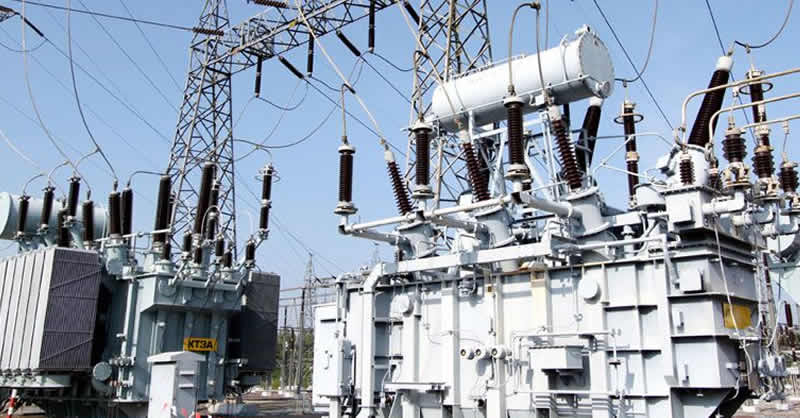Nigeria has taken a major step towards improving its power sector as President Bola Tinubu and the German Chancellor, Olaf Scholz, signed a landmark agreement on Friday in Dubai, United Arab Emirates (UAE).
The agreement is part of the Presidential Power Initiative (PPI), a project that aims to upgrade and modernize the country’s electricity grid and increase its generation capacity by 12,000 megawatts (MW).
The PPI was initiated in 2018 by former President Muhammadu Buhari, who invited Siemens Energy, a German company, to help Nigeria achieve its power goals. Siemens Energy is a global leader in energy technology and solutions, with a track record of delivering large-scale projects in countries such as Egypt, Iraq, and Ethiopia.
The PPI is divided into three phases, with the first phase focusing on grid stabilization and the delivery of 10 power transformers and 10 mobile substations. The second phase will involve the expansion and upgrade of transmission and distribution networks, while the third phase will target the development of new power plants and renewable energy sources.
The agreement signed on Friday is for the second phase of the project, which will cost $2.3 billion and will be financed by a consortium of German banks under a government export credit facility. The agreement was signed by Kenny Anue, the Managing Director of the Federal Government of Nigeria Power Company, and Nadja Haakansson, the Managing Director (Africa) of Siemens AG.
Speaking at the signing ceremony, Anue expressed the commitment of President Tinubu to the development of power infrastructure, noting that it is critical to the ongoing reforms in the economy. He also thanked the German government and Siemens Energy for their support and partnership.
Joe Kaeser, the Chairman of Siemens Energy Supervisory Board, said he was happy to witness the signing of the PPI, which he described as a “spirit of supplying energy to the greater good of Nigerian people”. He said he hoped the project would be completed in the next five years.
Adebayo Adelabu, the Minister of Power, said the PPI will go a long way in improving the performance of the power sector in Nigeria, which has been plagued by inefficiency, corruption, and vandalism. He said the project will ensure a constant and reliable power supply to Nigerians, which will boost industrialization, job creation, and economic growth.
The PPI is expected to benefit over 25 million households and businesses in Nigeria, which has the largest population and economy in Africa, but also one of the lowest per capita electricity consumption rates in the world. According to the World Bank, only 55% of Nigerians have access to electricity and those who do face frequent power outages that cost the economy about $29 billion annually.
The PPI is also in line with Nigeria’s commitment to the Paris Agreement on climate change, as it will reduce the dependence on fossil fuels and increase the share of renewable energy in the power mix. Nigeria has pledged to reduce its greenhouse gas emissions by 20% by 2030 and to achieve net-zero emissions by 2060.
The signing of the PPI agreement is a sign of the strong bilateral relations between Nigeria and Germany, which have been enhanced by the recent visits of President Tinubu to Berlin and Chancellor Scholz to Abuja. The two leaders have also discussed other areas of cooperation, such as trade, investment, security, and education.
The PPI is a historic opportunity for Nigeria to transform its power sector and unleash its economic potential. It is also a testament to the vision and leadership of President Tinubu and Chancellor Scholz, who have shown that with political will and partnership, anything is possible.
Source: Business Day



